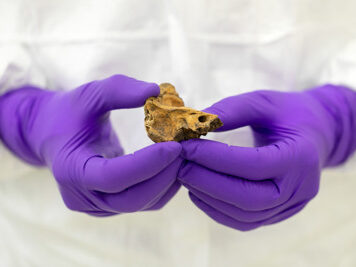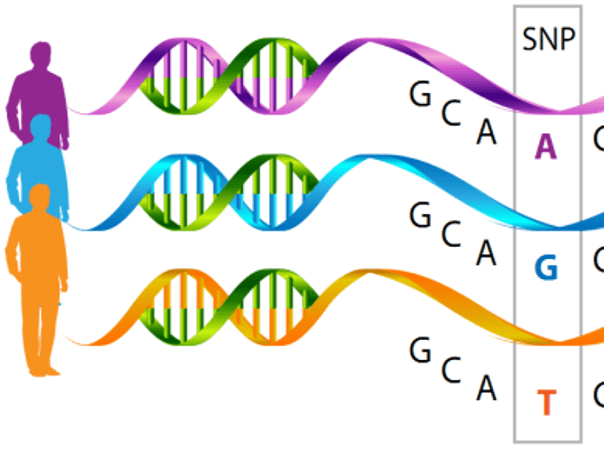Research
We have a broad interest in population genetics, human evolution & human history.
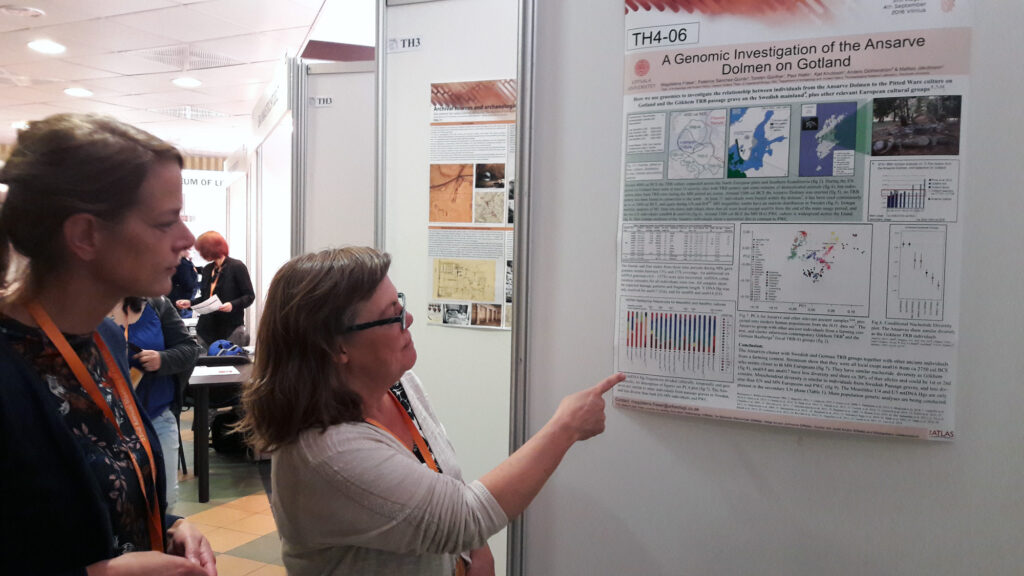
In particular, our research focuses on understanding population history and human evolution using genetic information from both recent and ancient individuals, developing population genetic theory and statistical methods for analyzing large-scale genomic data, and search for genomic regions targeted by selection at various time-points in human history.
We combine approaches of theoretical population genetics, computational biology, statistical genetics, to advanced molecular genetics and ancient DNA.
We analyze the population-genomic information from current-day individuals and ancient human remains to gain access to information about human past that was previously hidden.
Selected research projects

VR Center of Excellence: Center for the Human Past
VR project grant, 2024
An interdisciplinary centre for research in all aspects of human development during the last 10,000 years. The Centre links together the three research fields of archaeology, genetics, and linguistics. By bringing together the different types of data and methods of the research fields, the researchers can develop a rounded picture of early human history – in terms of language, culture, and genetic development.
The Center’s website
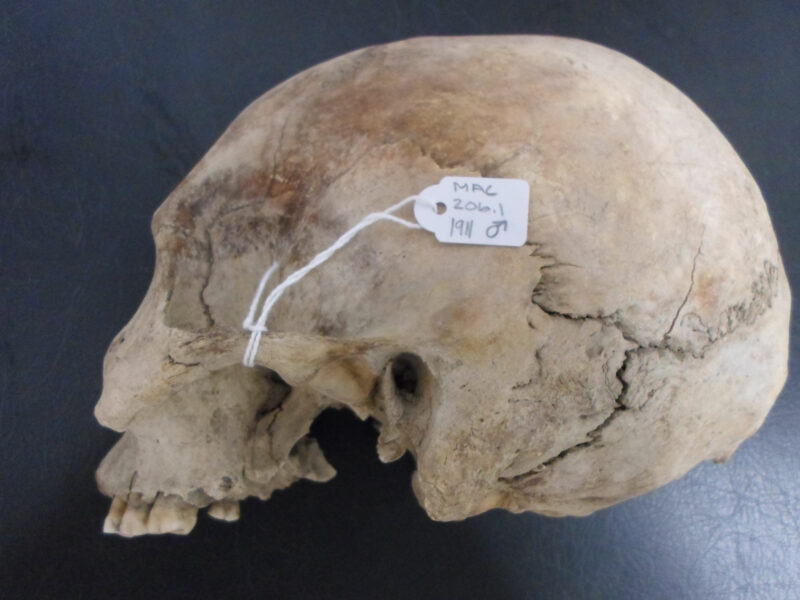
A genetic model for the evolution of H. sapiens
VR project grant, 2022
Genetic variation forms the basic material that allows evolutionary change over time. Finding, describing and utilizing genetic variation to understand human evolutionary history has long been a focus of evolutionary biology and genetics.
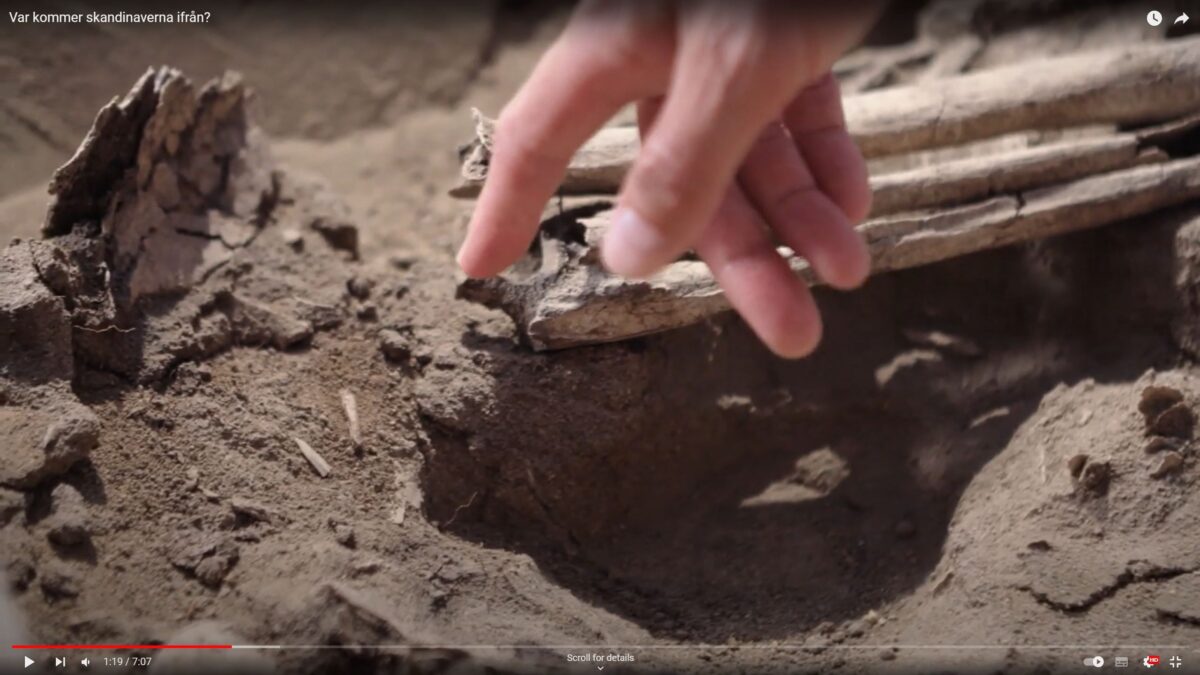
Moving the cradle of humankind
Knut and Alice Wallenberg extension grant, 2018
The strides made in recent years in genetic research mean the family tree of Homo sapiens will have to be redrawn. Mattias Jakobsson is using prehistoric DNA combined with archeological finds to maps human evolution. His findings raise the question of whether the cradle of humankind should be sought elsewhere than in East Africa.
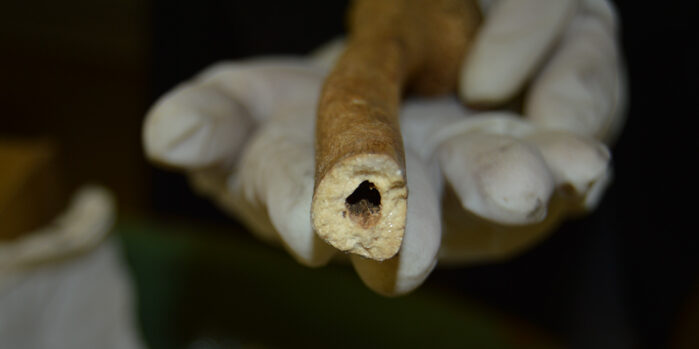
Exploring deep human roots in south-central African ancient and modern genomes
VR project grant, 2018
The potential for understanding human evolutionary history has taken great leaps in the last few decades with the rapid development in molecular genetics and population genetic theory. However, our knowledge about genetic variation in prehistoric humans as well as in remote indigenous groups, and the information about our past that is hidden in that genetic variation, is still very limited, which is especially true for Africa.

1000 ancient genomes
Knut and Alice Wallenberg project grant, 2016
Researchers in Stockholm and Uppsala are producing a genetic atlas of human prehistory. The aim is to map the DNA of a thousand individuals from different parts of Europe and Asia over a time span of almost 50,000 years. The results will provide new knowledge about migration events, climate change and diseases – and perhaps new answers about mysterious disappearances in the past.
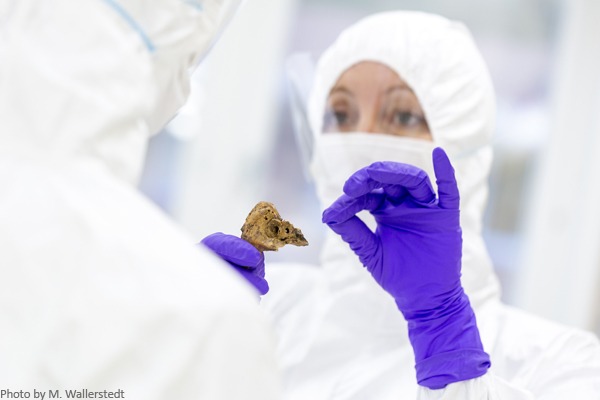
Human evolutionary history revealed by variation in African genomes
VR project grant, 2013
Genetic variation forms the basic material that allows evolutionary change over time. Finding, describing and utilizing genetic variation to understand human history has long been a focus of evolutionary biology and genetics and the last few years genomic revolution has given us the means to produce immense population-genetic data, which now make it possible to provide novel insights into human evolutionary history.
Focus Areas
Publications
Don’t miss out on the results of our research. Our papers are Open Access.

